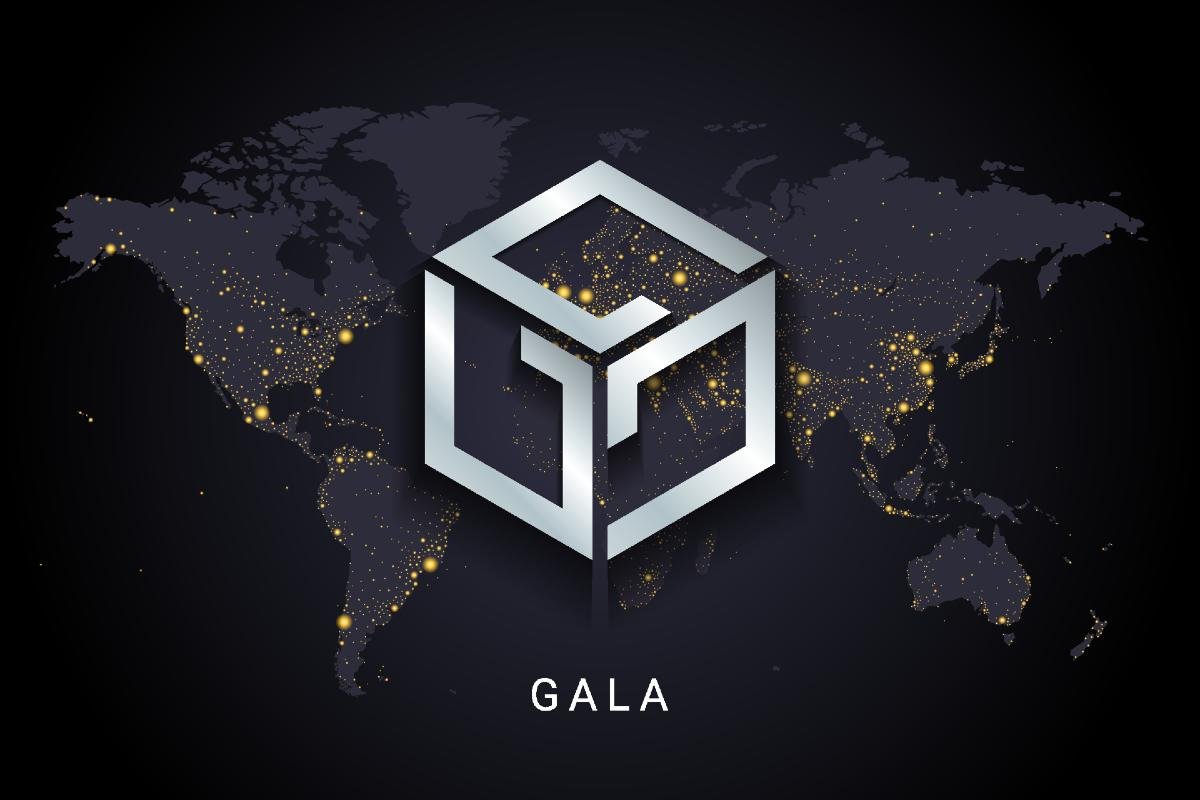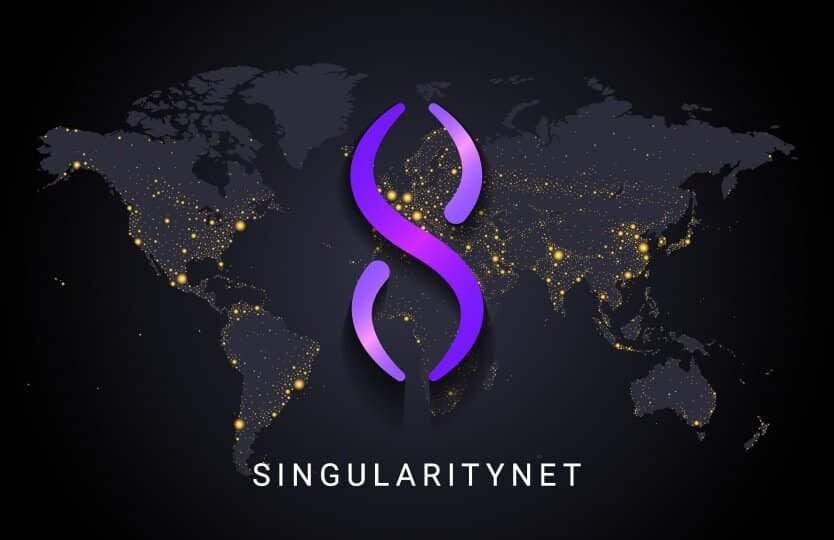
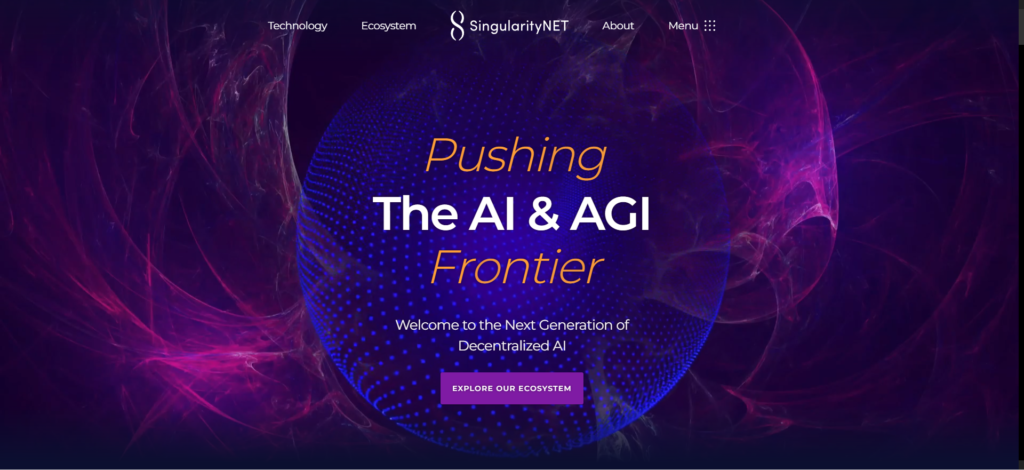
SingularityNET is a decentralized, open-source platform that aims to provide a marketplace for artificial intelligence (AI) services. The platform is designed to enable developers, businesses, and individuals to buy and sell AI services, such as natural language processing, image recognition, and machine learning, through a decentralized network.
SingularityNET is built on blockchain technology and leverages smart contracts to ensure that all transactions are secure, transparent, and verifiable. It provides a marketplace where AI developers and businesses can monetize their services and where end-users can access the AI services they need to automate their businesses or enhance their personal lives.
One of the key goals of SingularityNET is to democratize AI by making it accessible to a wider range of people and organizations. By creating a decentralized marketplace for AI services, SingularityNET aims to provide a level playing field for AI developers and businesses of all sizes. It also aims to enable AI services to be combined and integrated in novel ways, leading to the creation of new, more powerful AI applications and services.
In summary, SingularityNET is a decentralized platform for the marketplace of AI services. It provides a secure and transparent environment for buying and selling AI services and aims to democratize AI by making it more accessible and combining AI services in novel ways.
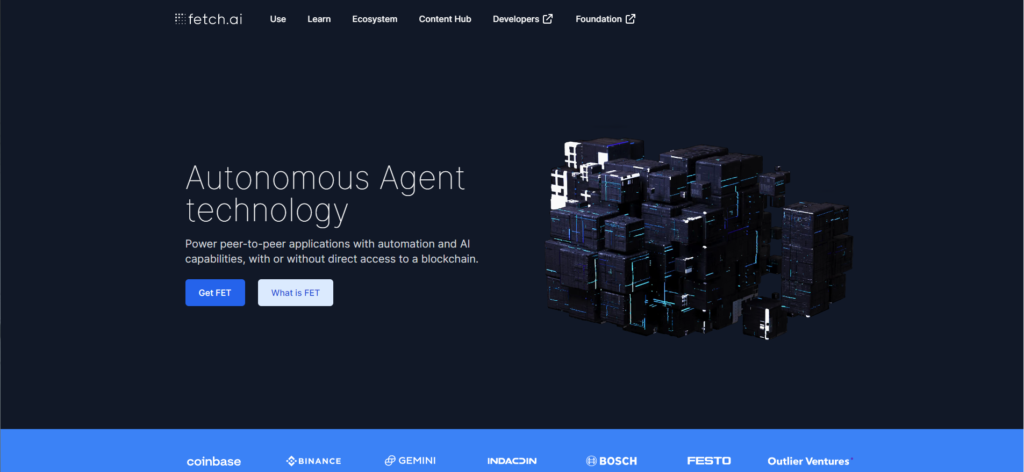
Fetch.ai is an open-source blockchain platform that provides a decentralized, digital infrastructure for autonomous agents to interact with each other and with their environment. The platform enables the creation of smart contracts and decentralized applications (dApps) that can be used to solve complex problems and automate complex processes.
Fetch.ai’s key innovation is the use of autonomous agents, which are software entities that can perform tasks and interact with each other and with their environment. These agents can represent a variety of entities, such as physical assets, digital assets, or even individuals. They can communicate with each other and work together to solve problems and achieve goals.
The Fetch.ai platform provides a secure, decentralized infrastructure that enables these agents to interact with each other in a trustless environment. This enables the creation of decentralized marketplaces, where agents can trade goods, services, and information without the need for intermediaries. It also enables the creation of decentralized autonomous organizations (DAOs), which can be used to coordinate complex processes and decision-making.
In summary, Fetch.ai is a blockchain platform that provides a decentralized infrastructure for autonomous agents to interact with each other and with their environment. It enables the creation of decentralized marketplaces and autonomous organizations, and provides a secure, trustless environment for these interactions.
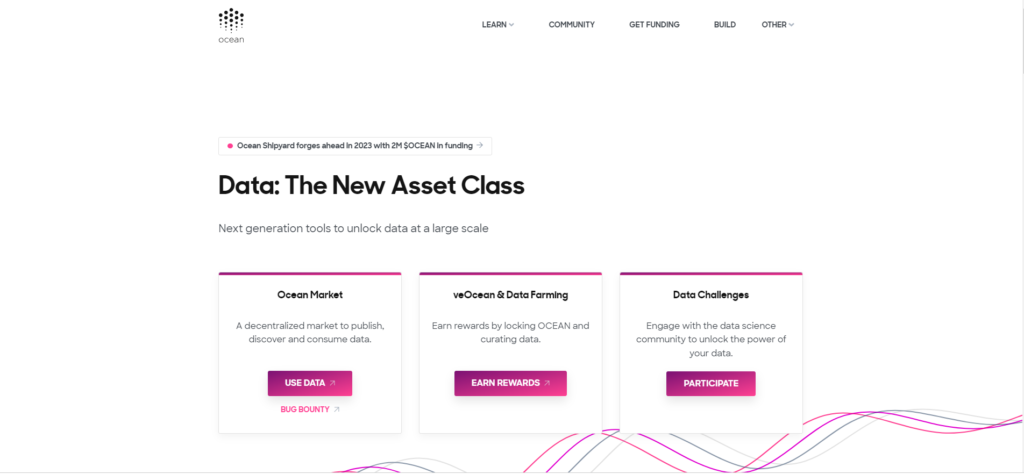
Ocean Protocol is a decentralized data exchange protocol that allows individuals and organizations to share and monetize data in a secure and privacy-preserving manner. It is built on blockchain technology and aims to create a global data economy by enabling the sharing of data between different entities in a decentralized and trusted manner.
The Ocean Protocol platform consists of a network of data providers, consumers, and service providers, who can participate in the network by staking Ocean tokens, the native cryptocurrency of the protocol. Data providers can list their data sets on the network, and consumers can purchase access to the data sets using Ocean tokens. The service providers provide services such as data analytics, processing, and storage on the network, and are rewarded with Ocean tokens for their services.
The Ocean Protocol aims to address some of the key challenges of the current centralized data economy, such as data monopolies, lack of privacy, and lack of incentives for data sharing. By using blockchain technology, the protocol provides a secure and transparent way for entities to share and monetize data, while ensuring privacy and control over the data remains with the data owners.
The potential applications of Ocean Protocol include areas such as healthcare, finance, and transportation, where data sharing can lead to significant benefits in terms of insights, efficiency, and innovation.
Ocean Protocol Mission Statement:
Society is becoming increasingly reliant on data, especially with the advent of AI. However, a small handful of organizations with both massive data assets and AI capabilities attained worrying levels of control which is a danger to a free and open society.
We aim to unlock data, for more equitable outcomes for users of data, using a thoughtful application of both technology and governance.
Our team and community is committed to kick-starting a New Data Economy that reaches every single person, company and device, giving power back to data owners and enabling people to capture value from data to better our world.
Ocean Protocol is governed by a Singapore based non-profit foundation, whose mandate is to ensure open access to the protocol and platform, provide data governance, encourage the network ecosystem growth, and take measures to ensure that the platform becomes ever more decentralized with time.
The Ocean Protocol Foundation has contracted BigchainDB to build the core protocol, network, marketing, and community activities.
Other notable mentions:
The Graph
The Render network
RELATED POSTS
View all

